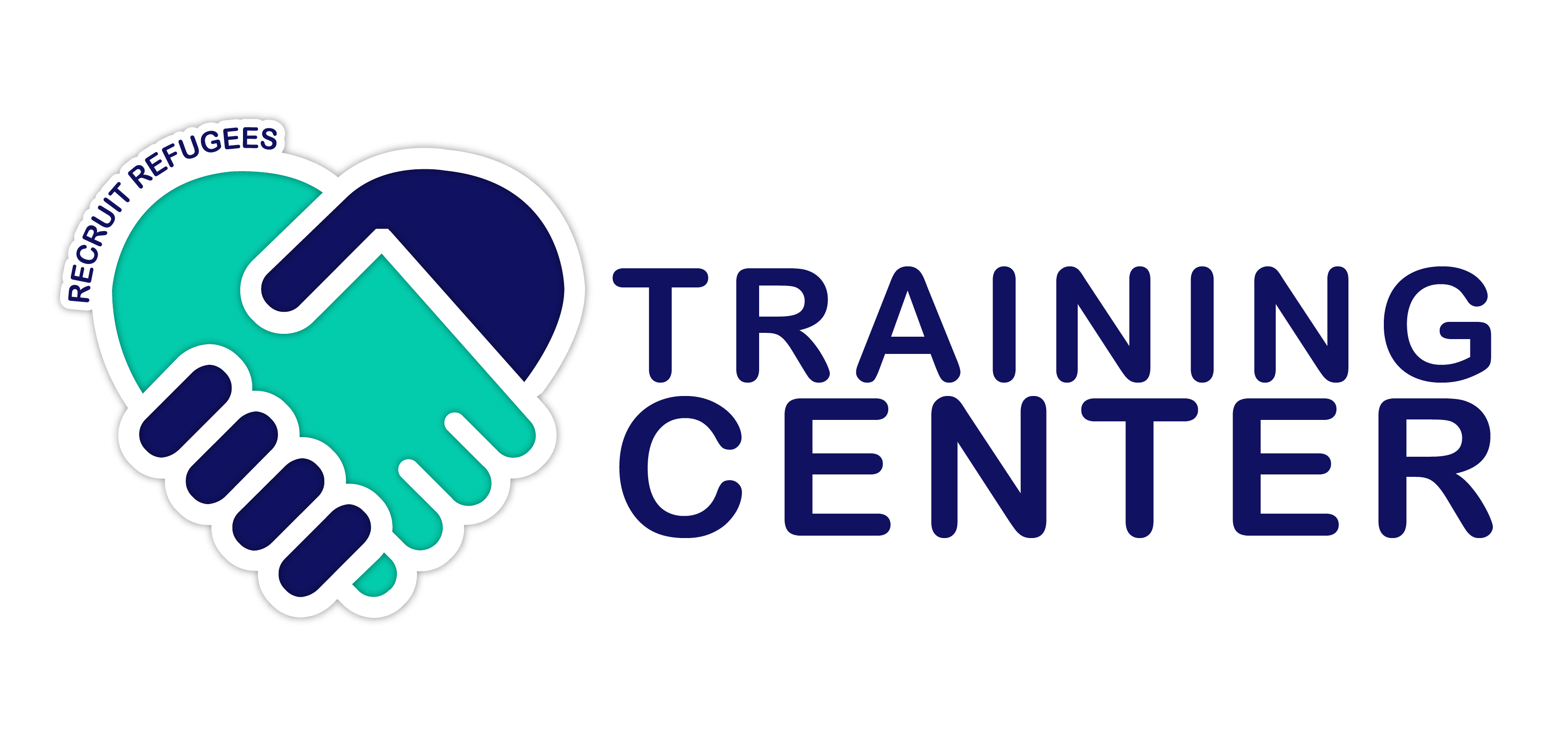I didn’t know what it felt like to be the minority until I started traveling. Then, I found myself in cities that were difficult to navigate, with names I could hardly pronounce. Surrounded by people who didn’t understand me, and whom I didn’t understand, even basic communication required a lot of effort and creativity. The familiarity of home felt distant. While new places can bring excitement and hope, adjusting can be challenging.
I have lived in several places around the world, Costa Rica being one of them. Costa Rica is a Spanish-speaking country with a culture very different from mine. There, I met my partner and soon found myself in the middle of a Latin American family, loudly speaking Spanish with passion and fire running through their veins. It’s a humbling experience to be in a room full of people speaking a language you don’t understand, and it’s hard to relate to this feeling unless you’ve experienced it yourself. It can make you feel incredibly alone, isolated, and even inadequate.
The challenge of always being the one who doesn’t understand is the daily reality for many immigrants in Norway. And let’s not forget that the language barrier is just one of many obstacles you face when entering a different country or culture. There is an uncertainty in leaving your territory. The safety that comes from understanding and knowing life and the people around you is no longer there.
My partner and I moved to Norway before our daughter was born, and he is now the minority. In some ways, I also find myself in a minority; as a family with an immigrant member, we have fewer rights, reduced security and less support compared to what Norwegian couples have. Especially during the long immigration process, which can take years to finalize.
The process of immigration requires extensive detail and effort. It’s also a test of patience and has been challenging to understand, even for me as a Norwegian citizen. My partner has me to help him navigate these foreign waters whether that is understanding UDI or the concept of “tur” or steer his way through finn.no, Skatteetaten, Altinn, Digipost, NAV or Helsenorge. However, many immigrants and refugees don’t have the support of a Norwegian spouse. Neither do they have a lot of other guidance on how to organize themselves within the Norwegian society. They want to integrate but lack the proper guidance to do so.
Alongside integrating into a new culture, we need community. Or more accurately, we need community to properly integrate. Recruit Refugees have found the missing piece in the system of immigration, and offers what so many are seeking: company, community, friends and family as well as guidance through the unfamiliarity of a new home. Humans are relational beings. We are supposed to live within a group or a community. Recruit Refugees is just that, a community. Here, people are not only accepted but also appreciated.
Despite the fact that I was the minority in Costa Rica, I was warmly welcomed within the family. That made all the difference and it made me feel less isolated even when surrounded by a foreign language in a different culture.
As a native Norwegian actively involved in the intricate processes of immigration and integration, I hope to bring a deep sense of understanding to my role at Recruit Refugees. In my position as Content Manager and Business Development Consultant, I aim to drive the organization forward through increased awareness, greater engagement, the building of partnerships, and improved operational efficiency. Entering a new world can be simultaneously beautiful and frustrating. That’s why I’m excited to welcome every minority into the majority and to make the transition as gentle, informative and warm as possible.

Keywords: minority, integration, immigration, community, Mniejszość, Integracja, Imigracja, Społeczność, Меншість, Інтеграція, Імміграція, Спільнота, minoritet, integrering, innvandring, samfunn, Minoría, Integración, Inmigración, Comunidad.
